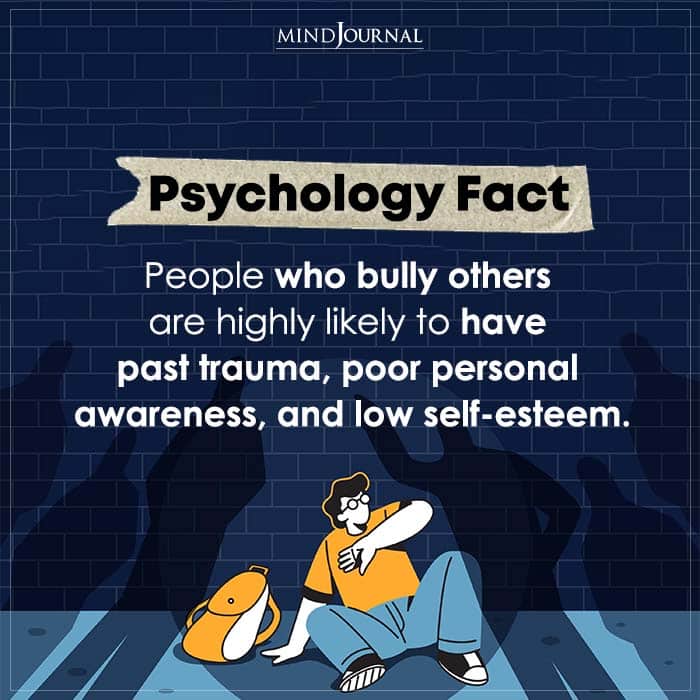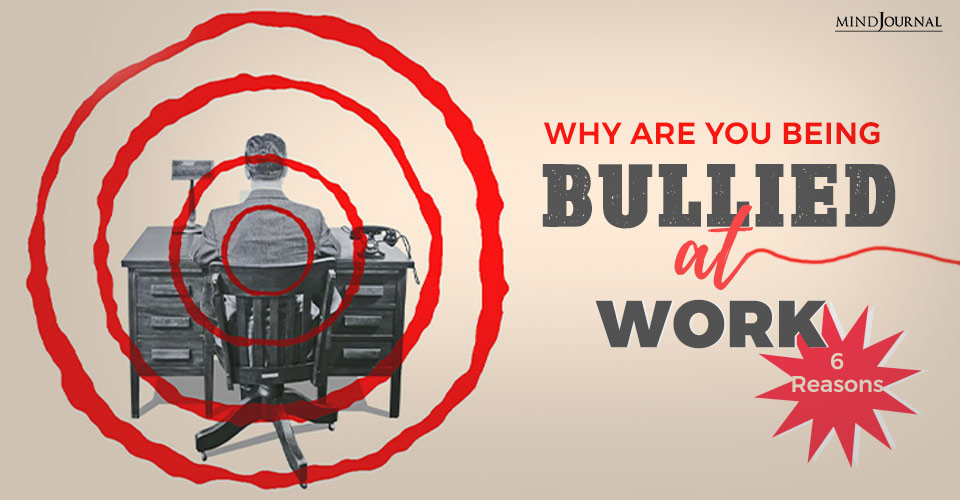Targets of workplace bullying are often generous creatives who foster community and search for innovative solutions to knotty problems, characteristics that contribute to the success of the organizations they serve. So why are these top performers sometimes targeted for abuse on the job?
Let’s meet the players. The Namies (2009), founders of the Workplace Bullying Institute, use the following adjectives to describe bullies: Unpredictable, controlling, manipulative, and jealous. In contrast, targets of workplace abuse are thought of as innovative, competent, altruistic, and highly ethical. If you were to write these eight adjectives out on index cards and lay them upon the table, the opposing natures of the two descriptions are readily apparent, offering insight into who gets bullied and why.
To dig deeper into the bully’s selection process, below is a description of the top six defining traits of targets of workplace abuse, according to research, and why they trigger bullies to pounce. As you read, notice how bullies’ need for control and power thread the narratives (Carbo, 2017; Duffy and Sperry, 2014; Namie and Namie, 2009).
6 Defining Traits Of Targets Of Workplace Bullying
1. Well-Liked:
Targets tend to exude positive energy. They stop colleagues in the hall to see how they are doing and listen intently as they share. When a peer is chosen for an award, selected to work on a big campaign, or secures a record-breaking bonus, targets are often genuinely happy for their friend’s win. Colleagues enjoy targets’ company and often comment on their warmth and authenticity.
Bullies may become jealous of targets’ perceived social capital and spread gossip in an effort to tarnish targets’ reputations and get them excluded from work meetings and social events.
Bullies often employ the tactic of the “silent army” in which they tell targets how “everybody” was gossiping about them after work, but fail to supply names or details. These stories are often purposely fabricated in order to shake targets’ confidence and make them feel like they do not belong.

Related: When It’s Time To Leave Your Toxic Workplace: 5 Red Flags
2. Non-Confrontational:
Targets tend to be community builders, making sure each person feels like he is part of the team. When someone speaks to a target harshly or leaves her out of an important meeting, she makes the most generous assumptions regarding the behavior. She may think to herself, “I imagine he is just having a bad day,” or “She probably didn’t realize I was not on the calendar invite.”
Bullies seek power through the path of least resistance. When they make a move and meet with aggression, the bullies will usually retreat and seek out a new victim without claws. Bullies may be attracted to targets’ kindness and benevolent worldview and set out to take advantage of their good nature and forgiving spirit.
3. Highly Skilled:
Targets tend to be top performers in their field. They possess rich content knowledge and others often seek them out for advice. It doesn’t take long for targets’ expertise to shine through, resulting in well-earned accolades and promotions.
Bullies, on the other hand, may give the illusion of success, pretending to be experts and top producers. A peek behind their masks, however, reveals bullies’ tendencies to offload work on others, take credit for colleagues’ ideas, and deflect responsibility anytime someone questions their competence or work ethic. Bullies are often intensely jealous of targets’ expertise, so in order to maintain their Oz status, they employ manipulative tactics that enable them to hide their lack of skills in the shadows.

Related: 9 Ways To Develop More Conscientious Interactions At Workplace
4. Internally Motivated:
Targets are in competition with themselves, internally motivated to beat their last efforts. The satisfaction of a well-written article, a thoughtfully run in-service, or a successful product launch is a reward in itself. Targets tend not to require a saturation of external praise to maintain their self-worth.
Bullies’ fragile ego, in contrast, typically relies on constant validation for a job well done. They are more interested in public praise than personal growth. Perplexed by targets’ inward confidence, bullies may become frustrated when they can’t negatively impact targets’ level of performance by withholding their admiration and approval.
5. Curious:
Targets often possess an innate curiosity that calls them to be astute observers of their surroundings. They notice the small problems others have become accustomed to and aren’t timid about asking questions. Interested in growing their knowledge base and appreciative of diverse expertise, they reach out across departments and communities in order to expand their understandings and perspectives.
Bullies are interested in control and power. Targets’ propensity to question often shakes the status quo and calls attention to cracks bullies prefer to keep hidden. Reliant on a steep hierarchy for power, bullies become frustrated when targets make new connections bullies perceive may weaken their role as gatekeepers.
Related: 9 Traits That Promote Stress and Undercut Mental Strength At Work
6. Highly Ethical:
Targets tend to be altruistic, working to do the right thing even when turning a blind eye would be professionally advantageous. If wrongdoing is uncovered, targets first attempt to work through the designated organizational channels to achieve resolution. Though nonconfrontational by nature, if those attempts are ignored or rebuked, targets’ high ethical standards often charge them to become whistleblowers, despite placing themselves in harm’s way.
Bullies tend to be interested in appearances. They need the press release to be glowing and the reviews to be solid. If targets point out problems and shortcomings within the organizational walls, bullies may become frustrated by the exposure and shift to blame, shame, and cover-ups. When targets blow the whistle, they will likely be subjected to bullies’ tirades, wrath, and character assassinations with the most probable outcome of targets losing their jobs.
Related: A 3-Step Guide To Get Your Narcissistic Boss To Like You
In closing, it is important to note that it is not the targets’ fault they get bullied, for the traits they possess are exactly the ones top companies seek in the hiring process.
In contrast, the aforementioned list serves as a call to action to enact protective workplace legislation and adopt strict anti-bullying policies in order to retain top performers and cultivate work environments where employees are encouraged to be curious, motivated to be kind, and inspired to innovate solutions to problems that hamper growth and stifle community. Bullies not only damage targets they collapse organizations. Everyone wins in a bully-free workplace (except the bully of course)!
References Carbo, J. A. (2017). Understanding, defining and eliminating workplace bullying: Assuring dignity at work. New York: Routledge. Duffy, M., & Sperry, L. (2014). Overcoming mobbing: A recovery guide for workplace aggression and bullying. New York: Oxford University Press. Namie, G., and Namie, R. (2009). The bully at work: What you can do to stop the hurt and reclaim your dignity on the job. Chicago: Sourcebooks.
Written by: Dorothy Suskind, Ph.D
Originally appeared on: Psychology Today
Republished with permission











Leave a Reply